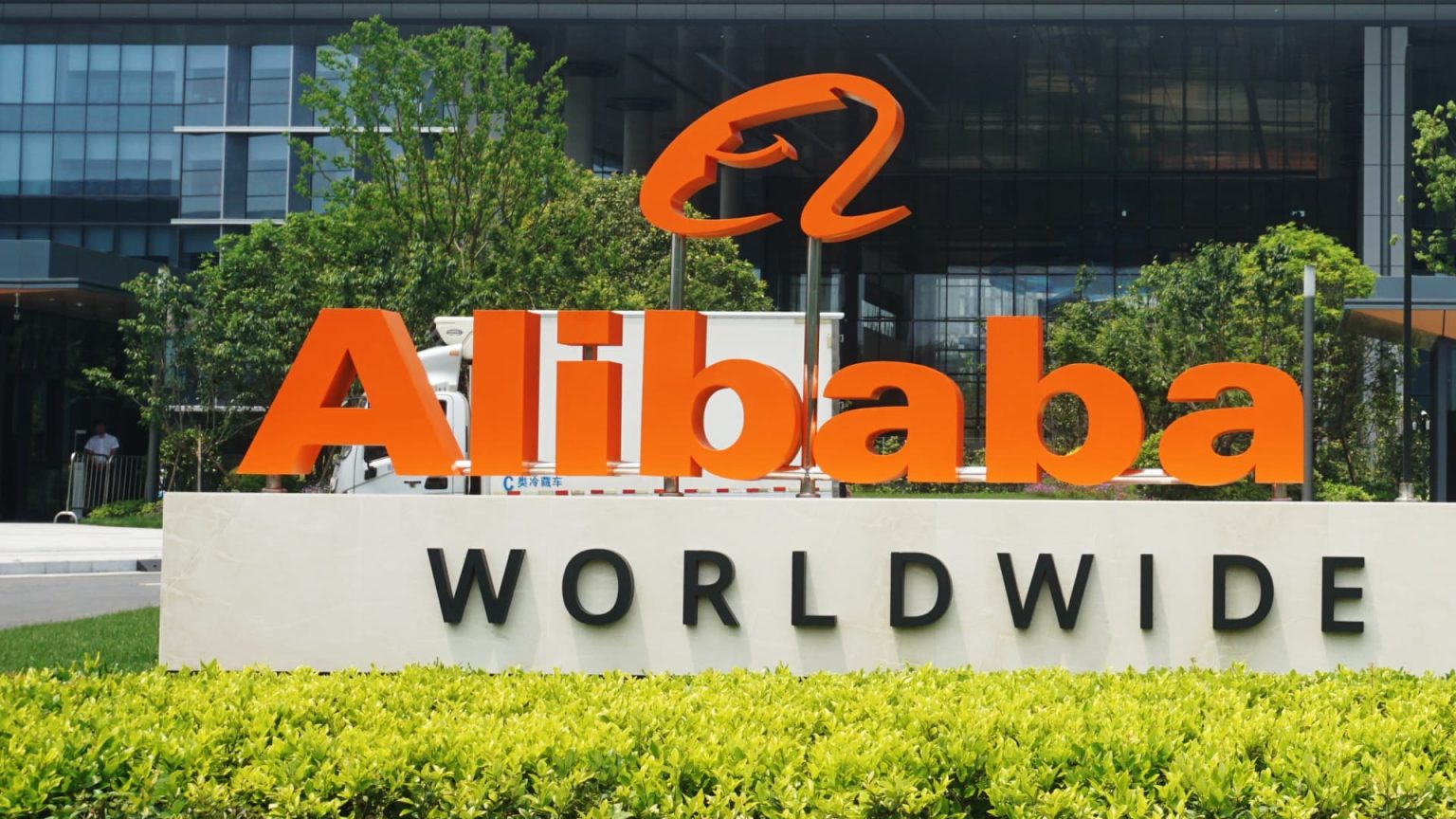Alibaba’s international arm has recently launched an updated version of their AI-powered translation tool called Marco MT, claiming it is superior to products offered by Google, DeepL, and ChatGPT. This updated version is based on large language models which allow it to provide more accurate translations by taking into account contextual clues such as culture or industry-specific terms. The tool supports 15 languages and is expected to see substantial demand from Europe, the Americas, and emerging markets.
Since the initial launch of the AI translation tool last year, Alibaba reports that merchants have used it for over 100 million product listings. The tool is priced based on the amount of translated text and is included in some service bundles for merchants. The goal of the tool is to provide more authentic expressions in translations, increasing the likelihood of consumers making purchases. For example, translating colloquial Chinese descriptions accurately into English can make a significant difference in consumer engagement and sales.
Alibaba’s international business includes platforms like AliExpress and Lazada, which are primarily targeted towards Southeast Asia. The international unit reported a 32% sales growth to $4.03 billion in the quarter ending in June, contrasting with a 1% drop in sales for Alibaba’s main Taobao and Tmall e-commerce business, which focuses on China. The Taobao app recently launched an AI-powered English version for users in Singapore, showcasing Alibaba’s efforts to expand its reach globally.
Chinese companies, especially e-commerce merchants, have been increasingly looking to expand internationally for growth opportunities. Platforms like PDD Holdings’ Temu, Shein, and ByteDance’s TikTok have made significant global market entries recently. Alibaba’s translation tool aims to help these merchants cater to international markets by providing accurate translations that consider cultural nuances and specific industry terms, ultimately driving sales and business growth.
Alibaba expects substantial demand for the translation tool in regions like Europe, the Americas, and emerging markets, where there is a growing need for accurate and contextually relevant translations. The tool, built on Alibaba’s own AI model called Qwen, has already seen success with over 500,000 merchant users on its platform. The company aims to support merchants in expanding their global reach and growing their businesses by providing them with the tools they need to effectively communicate with customers worldwide.
As Chinese e-commerce giants like Alibaba continue to expand their international presence, innovative tools like the AI translation tool play a crucial role in enabling merchants to connect with customers from diverse linguistic backgrounds. By providing accurate and culturally sensitive translations, Alibaba’s tool aims to enhance the user experience, increase consumer engagement, and ultimately drive sales for merchants operating on its platforms. With the global e-commerce landscape becoming increasingly competitive, such AI-powered solutions could prove to be essential for businesses looking to thrive in international markets.


